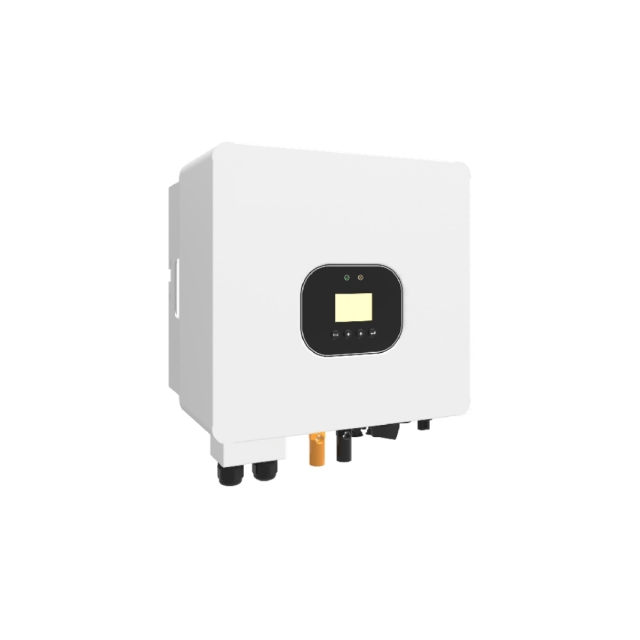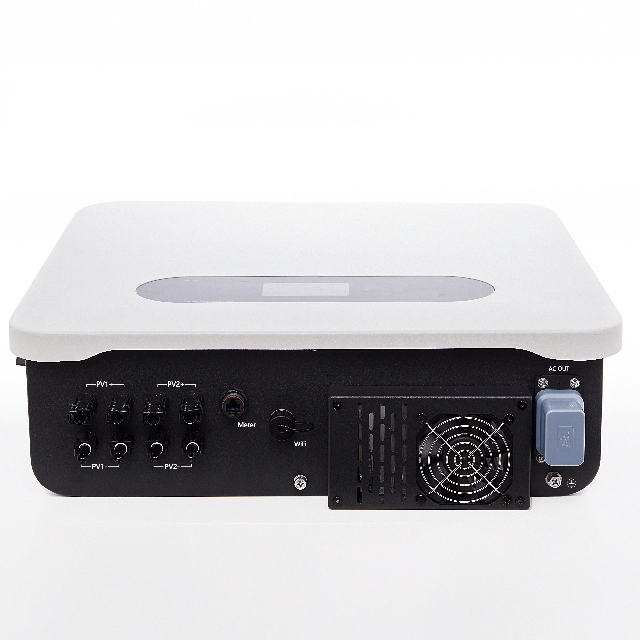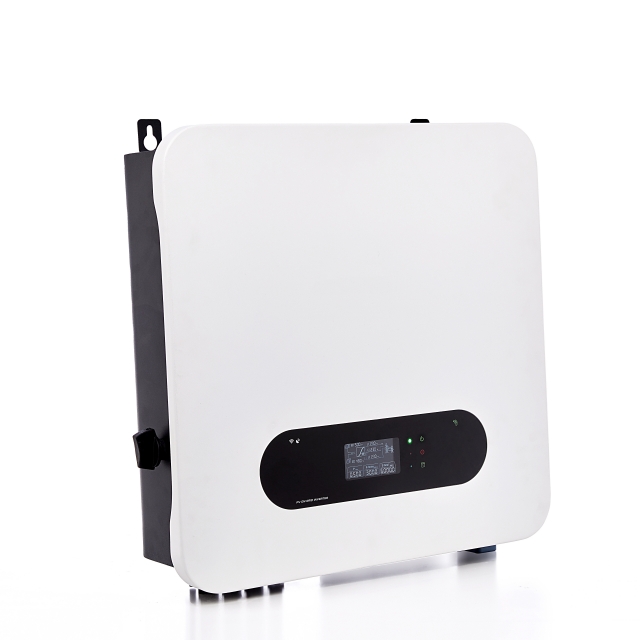Author:BLD Solar Energy SystemFROM:Solar System Converter Manufacturer TIME:2024-01-24
The market for hybrid inverters in the photovoltaic (PV) industry has been growing rapidly in recent years. Hybrid inverters combine the functionality of both solar inverters and battery inverters, allowing the system to efficiently convert DC power from solar panels into AC power for use in homes and businesses, as well as store excess energy in batteries. This article aims to provide a comprehensive analysis of the market for hybrid inverters, including key trends, growth factors, and challenges.

The demand for hybrid inverters has been increasing due to several factors. Firstly, there is a growing adoption of solar energy systems globally, as more individuals and businesses seek to reduce their carbon footprint and save on energy costs. Hybrid inverters enable these systems to operate efficiently by seamlessly integrating solar power with battery storage, ensuring a constant and reliable power supply even during periods of low sunlight or grid outages.
Secondly, advancements in battery technology have made energy storage solutions more affordable and accessible. Consumers are now able to store excess energy generated by their solar panels during the day and use it during peak demand periods or at night. Hybrid inverters facilitate this energy optimization by managing the flow of elect

The market for hybrid inverters is witnessing several notable trends and opportunities. One significant trend is the integration of smart technology and connectivity features in hybrid inverters. These advanced features enable users to monitor and control their solar energy system remotely, optimize energy consumption, and even participate in demand response programs. These smart functionalities not only enhance user convenience but also contribute to grid stability and energy efficiency.
Another emerging opportunity lies in the integration of hybrid inverters with electric vehicle (EV) charging infrastructure. As the demand for EVs continues to rise, there is growing interest in combining solar power generation, battery storage, and EV charging capabilities into

Despite the positive growth prospects, the market for hybrid inverters also faces some challenges. One key challenge is the lack of standardized regulations and policies governing the installation and operation of hybrid inverter systems. This regulatory uncertainty can hinder market growth and create barriers to adoption, as potential customers may be hesitant due to concerns regarding safety, interoperability, and grid integration.
Furthermore, the competition in the hybrid inverter market is becoming increasingly intense, with numerous manufacturers entering the space. To stay competitive, companies need to focus on product differentiation through technological advancements, improved efficiency, and better user experience. Additionally, educating consumers about the benefits and potential savings offered by hybrid inverters will be crucial in driving market growth.
In conclusion, the market for hybrid inverters in the photovoltaic industry is experiencing significant growth due to the increasing demand for solar energy systems and advancements in energy storage technology. The integration of smart features and potential synergies with EV charging infrastructure offer promising opportunities for further expansion. However, addressing regulatory challenges and differentiating products will be key to sustaining growth in this competitive market.
